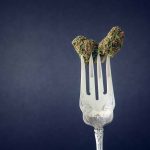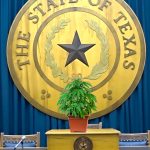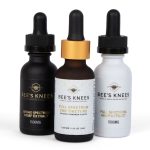
Washington State Lawmakers Pass Bill to Exempt Medical Marijuana Patients from High Tax Rate
In a move that has been hailed as a victory for medical marijuana patients and designated providers, lawmakers in Washington State have recently passed a bill that grants an exemption from the 37% excise tax. This tax has been described as one of the highest rates imposed on medical marijuana products.
The bill, known as HB 1453, was originally introduced last year and has now been officially passed. According to a legislative summary of the proposal, the aim of the bill is to provide a tax exemption for qualifying patients and designated providers who hold a recognition card on purchases of cannabis products that are labeled as Department of Health (DOH) compliant and tested in accordance with DOH rules.
The summary explains that the current tax rate is 37% of the selling price on each retail sale of cannabis concentrates, useable cannabis, and cannabis-infused products. This tax is in addition to general state and local sales and use taxes and must be reflected in the price list or quoted shelf price in licensed cannabis retail stores.
However, with the new bill, qualifying patients and designated providers with a recognition card will be exempt from this tax on their purchases of DOH compliant and tested cannabis products. The Washington State Liquor and Cannabis Board (LCB) will provide a separate tax reporting line for these exemption amounts.
Seattle law firm Harris Sliwoski provided further insight into the bill, noting that the 37% tax placed an unnecessary burden on medical marijuana patients and providers. The firm explained that the bill was first introduced in 2023 and has now been passed by the Washington Senate, awaiting signatures and executive action to become law.
The firm also highlighted the financial burden faced by medical marijuana patients and providers when they are taxed the same as recreational consumers. They emphasized that medical marijuana is not a luxury, but a necessary form of treatment for many patients.









